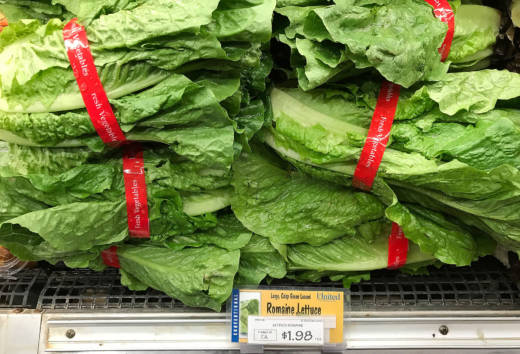Public health officials said Monday that the only confirmed death from the national outbreak of E. coli from bagged Arizona lettuce took place in California's Madera County.
The national outbreak sickened 172 people in 32 states between March 13 and May 2. It was linked to lettuce from the Yuma, Arizona, growing region.
Of those who became ill, federal health officials say 75 people were hospitalized. Earlier this month, federal officials announced that 39 people in California became sick from eating the lettuce, including one person who died.
At that point, representatives for the California Department of Public Health (CDPH) refused to provide any details about the person who died, including where the death took place, citing laws protecting the privacy of medical patients.
"The fundamental principle is that CDPH and local health departments are required to keep this information confidential and may not release information that could identify the subject of such a report," the department said in a statement emailed to KQED in early May.
